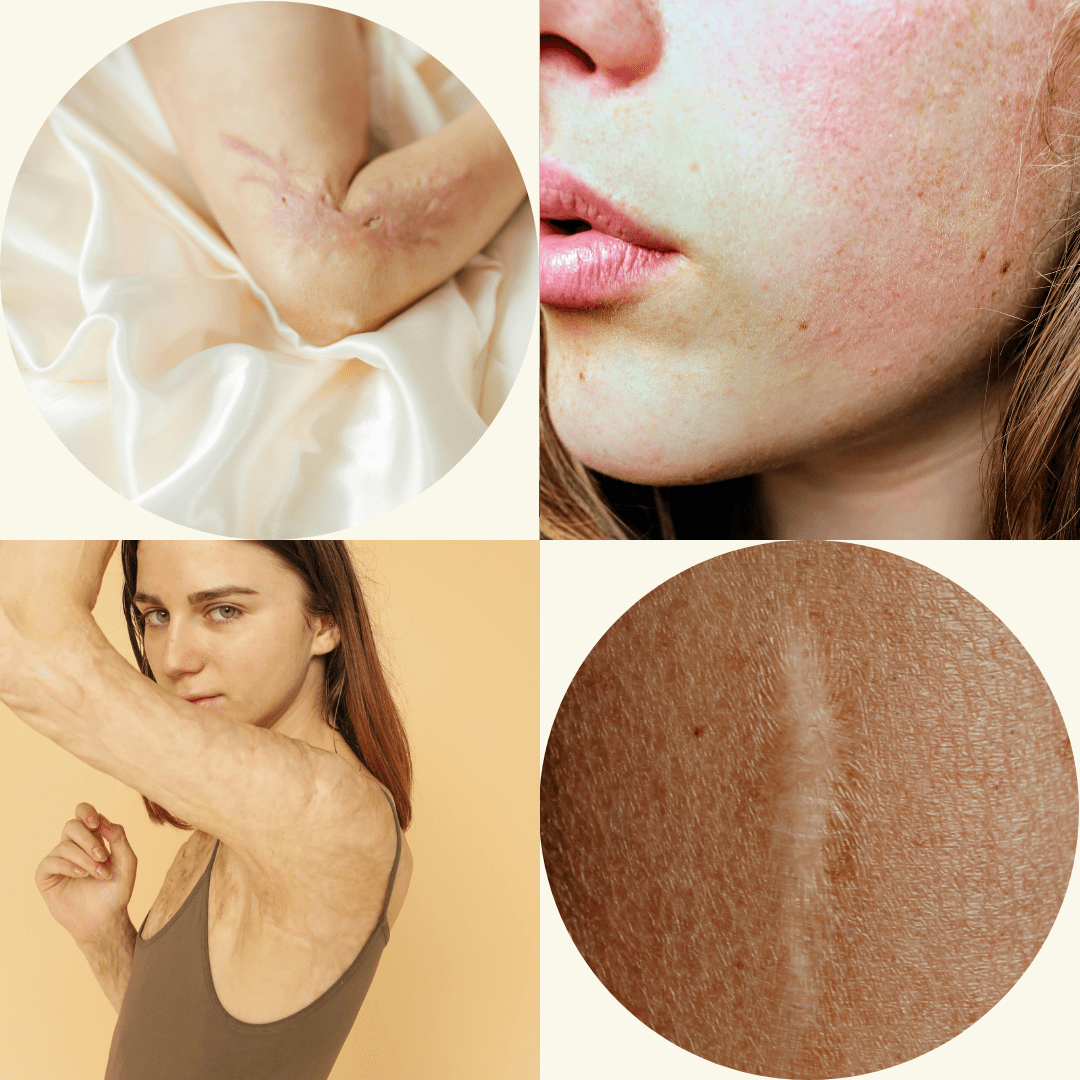Aquaphor for Eczema: 6 Amazing Benefits of Aquaphor. Living with eczema can be extremely challenging. From persistent itching to painful flare-ups, managing the condition often feels like a full-time job. Many sufferers have found relief in various treatments, but one product that stands out is Aquaphor. In this article, we’ll explore the remarkable benefits of Aquaphor for eczema sufferers and why it might be the solution you’ve been searching for.
What is Aquaphor for Eczema?
Aquaphor is a skin ointment that’s been around for decades, well-known for its effectiveness in treating various skin conditions. It’s particularly popular among those with eczema due to its ability to soothe and repair damaged skin.
How Does Aquaphor Work for Eczema?
Aquaphor acts as an occlusive agent, which means it forms a protective barrier over the skin, locking in moisture. This is particularly beneficial for eczema sufferers as the condition is often caused by a weakened skin barrier, which allows moisture to escape and irritants to enter.
The Amazing Benefits of Aquaphor for Eczema
- Relieves Itchiness – One of the most frustrating and uncomfortable symptoms of eczema is constant itching. Aquaphor’s occlusive properties help soothe itchy skin by preventing further irritation and retaining moisture.
- Prevents Flare-Ups – By strengthening the skin’s protective barrier, Aquaphor can help prevent flare-ups that are triggered by external irritants.
- Moisturizes Dry Skin – Eczema is often accompanied by dry, flaky skin. Aquaphor’s ability to lock in moisture helps keep the skin hydrated and prevents dryness.
- Promotes Healing – The ointment contains ingredients like panthenol and glycerin that help repair damaged skin and promote healing.
- Safe for Sensitive Skin – Aquaphor is dermatologist-recommended and suitable for all skin types, including those with sensitive skin.
- Versatile Usage – Aside from treating eczema, Aquaphor can also be used to soothe other skin conditions like psoriasis, burns, and minor cuts and scrapes.
How to Use Aquaphor for Eczema?
Aquaphor is easy to use and can be incorporated into your daily skincare routine.
- Cleanse the affected area with a gentle cleanser.
- Pat the skin dry and apply a thin layer of Aquaphor over the affected area.
- Reapply as needed, especially after bathing or washing hands.
- For best results, use in conjunction with any prescribed medication or treatment plan recommended by your doctor.
Ingredients in Aquaphor
Aquaphor is formulated with a blend of key ingredients that contribute to its effectiveness in treating eczema and other skin conditions. While its exact composition may vary slightly depending on the specific product, the core ingredients generally include:
- Petrolatum (41%): As the primary ingredient, petrolatum forms a protective barrier on the skin’s surface, helping to lock in moisture and protect against external irritants.
- Mineral Oil: This lightweight oil helps to maintain skin hydration and smoothness by preventing water loss from the skin.
- Ceresin: A type of wax that provides a thick, occlusive layer, further aiding in moisture retention.
- Lanolin Alcohol: Derived from wool, lanolin alcohol acts as a potent emollient that softens and moisturizes the skin.
- Panthenol: Also known as pro-vitamin B5, panthenol helps to promote skin healing and repair by improving hydration and reducing inflammation.
- Glycerin: A powerful humectant that attracts moisture to the skin, keeping it hydrated and supple.
These carefully selected ingredients work synergistically to provide a soothing, moisturizing, and protective solution for those suffering from eczema and other skin issues.
Other Different Forms of Moisturizers Used to Treat Eczema
In addition to Aquaphor, there are several other types of moisturizers that can be effective in treating eczema. Each type has unique properties and benefits, catering to different needs and preferences.
1. Creams
Creams are typically lighter than ointments and are easily absorbed into the skin. They provide a good balance between hydration and breathability, making them ideal for daytime use. Popular choices include Eucerin and Cetaphil, both of which are formulated to soothe and moisturize dry, irritated skin.
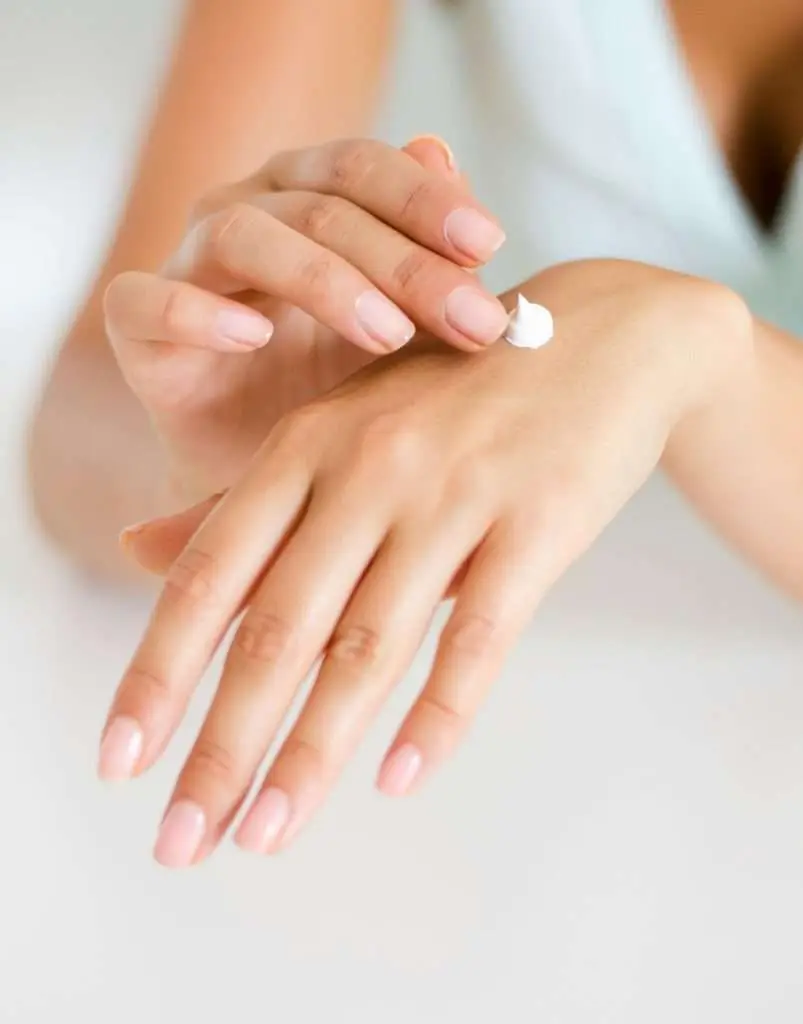

2. Lotions
Lotions are even lighter and more water-based than creams, which makes them suitable for mild eczemaor for use in warmer climates where heavier products might feel too greasy. Brands like Aveeno and Lubriderm offer lotions specifically designed to relieve dry and itchy skin.
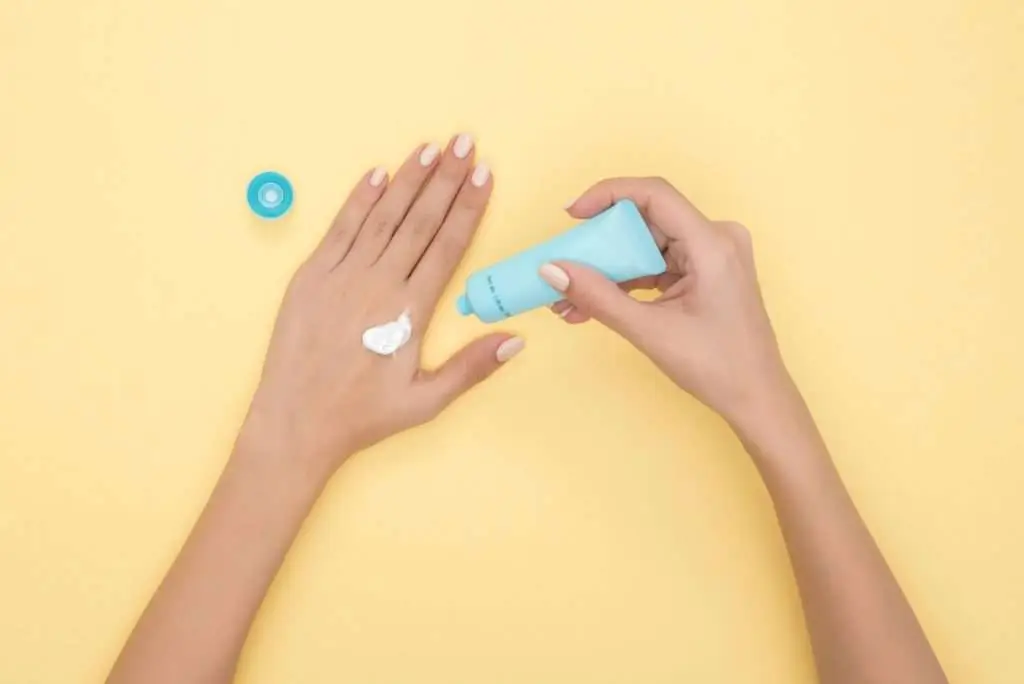

3. Emollients
Emollients are rich, heavy-duty moisturizers that come in various forms, such as ointments, creams, or lotions. They work by forming a layer on the skin’s surface, effectively sealing in moisture. Emollients like Vanicream and CeraVe are recommended for their gentle, yet effective hydration and skin-barrier repair properties.
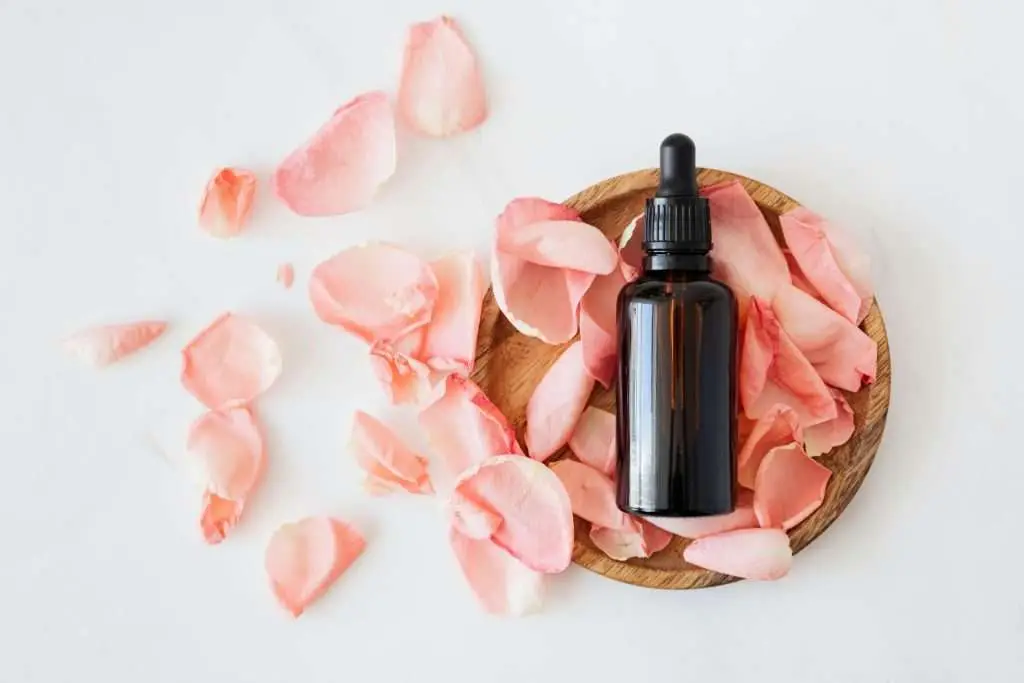

4. Oils
Natural oils, such as coconut oil and jojoba oil, can also be beneficial for eczema. These oils have anti-inflammatory and antimicrobial properties, which can help reduce eczema flare-ups. They are best used on damp skin to lock in moisture and are a good natural alternative to commercial moisturizers.
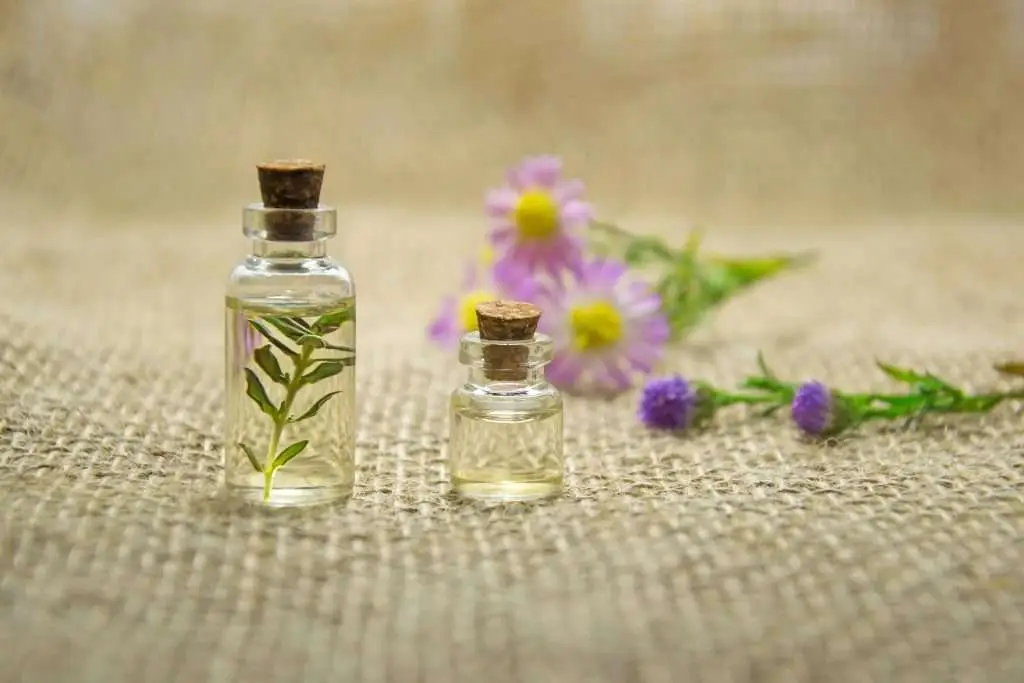

5. Gels
Gels offer a lightweight, non-greasy option that quickly absorbs into the skin while providing a cooling effect. They can be particularly soothing for itchy, inflamed skin. Aloe Vera gel is a popular choice due to its natural healing and hydrating properties.
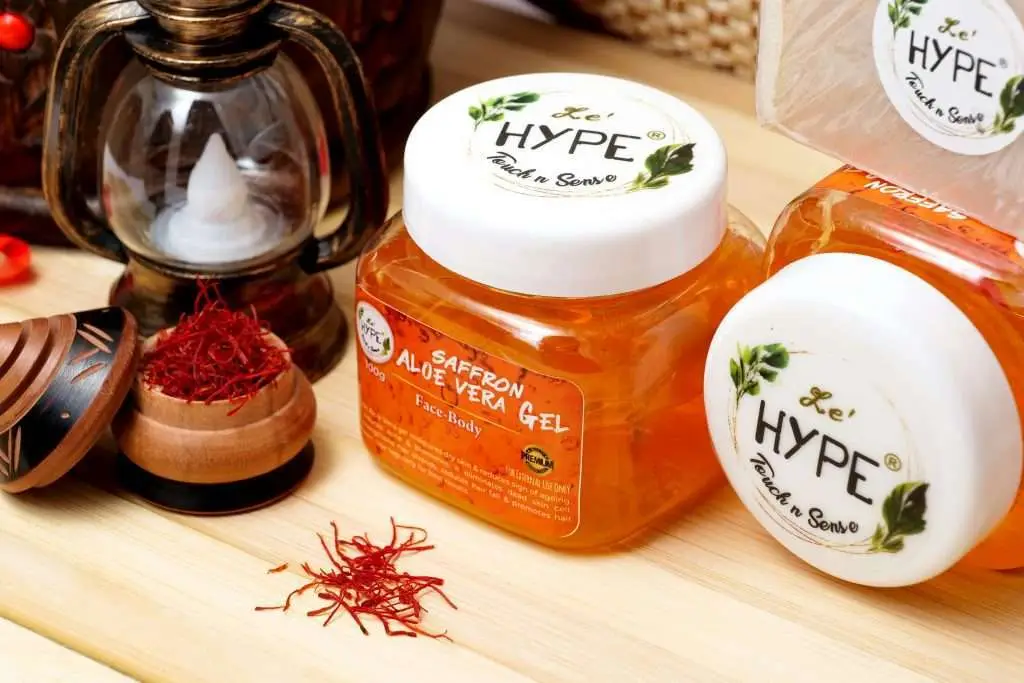

6. Butters
Body butters are thick and provide deep moisture, making them ideal for very dry, cracked skin associated with severe eczema. They are excellent for overnight use, ensuring your skin stays hydrated while you sleep.
By exploring these different types of moisturizers, those suffering from eczema can find the most suitable option to manage their condition effectively. Always consult with a healthcare provider for personalized recommendations, especially when trying a new product.


Side Effects of Aquaphor for Eczema
While Aquaphor is widely regarded as a safe and effective treatment for eczema, it is important to be aware of potential side effects. Although rare, some individuals may experience adverse reactions when using Aquaphor.
- Skin Irritation: In some cases, Aquaphor can cause skin irritation, leading to redness, burning, or itching. This may occur if you have a sensitivity or allergy to one of its ingredients, such as lanolin or mineral oil.
- Acne or Breakouts: Due to its occlusive nature, Aquaphor can block pores, particularly in individuals with oily or acne-prone skin. This may lead to the formation of pimples or acne.
- Contact Dermatitis: This is a type of allergic reaction that results in a red, itchy rash. It can be triggered by ingredients in Aquaphor, especially in those with sensitivities.
- Infection: While rare, using an occlusive agent like Aquaphor on broken skin can potentially trap bacteria, leading to an infection. It is crucial to ensure the affected area is clean before application.
- Folliculitis: This is an inflammation of the hair follicles that can occur when the product blocks the follicles, leading to small, red bumps on the skin.
Alternative Treatments for Eczema
Several alternative treatments can help manage eczema symptoms. These methods range from natural remedies to lifestyle changes and can be used in conjunction with prescribed treatments for better results.
1. Natural Remedies
Natural remedies have gained popularity due to their soothing and gentle properties. Some commonly used natural treatments include:
- Aloe Vera: Known for its healing and soothing effects, aloe vera gel can help reduce inflammation and hydrate the skin.
- Oatmeal Baths: Adding colloidal oatmeal to baths can relieve itching and calm irritated skin.
- Honey: With its anti-inflammatory and antibacterial properties, honey can be applied as a mask to affected areas to promote healing.
- Coconut Oil: Rich in fatty acids, coconut oil helps moisturize the skin and reduce inflammation.
2. Dietary Changes
Diet can play a significant role in managing eczema. Certain foods may trigger or exacerbate symptoms, so it is essential to identify and avoid these triggers. Incorporating anti-inflammatory foods such as fatty fish, fresh fruits, and vegetables into your diet may also help. Consulting with a dietitian or nutritionist can provide personalized dietary recommendations.
3. Stress Management
Stress is a known trigger for eczema flare-ups. Practicing stress-reducing techniques such as mindfulness, yoga, and deep breathing exercises can help manage stress levels and improve skin conditions. Regular physical activity and sufficient sleep are also crucial for overall health and well-being.
4. Acupuncture
Acupuncture is an ancient practice that involves inserting thin needles into specific points on the body to promote healing and relieve pain. Some studies suggest that acupuncture can help reduce eczema symptoms by improving blood flow and reducing stress.
5. Herbal Supplements
Certain herbal supplements like evening primrose oil and borage seed oil contain gamma-linolenic acid (GLA), which may help reduce inflammation and improve skin health. Always consult with a healthcare provider before starting any herbal supplements to ensure they are safe and appropriate for your condition.
6. Probiotics
Research suggests that probiotics, which are beneficial bacteria found in certain foods and supplements, may help improve eczema symptoms by balancing gut health. Including probiotic-rich foods like yogurt, kefir, and sauerkraut in your diet can support skin health.
It is essential to approach alternative treatments with caution and discuss them with your healthcare provider to ensure they complement your current treatment plan. By exploring various methods, you can find a comprehensive approach to managing eczema that best suits your needs.
What to Do if You Experience Side Effects
If you experience any adverse reactions while using Aquaphor, discontinue use immediately and consult with a healthcare provider. They may recommend an alternative treatment or conduct an allergy test to determine the specific cause of your reaction. Always perform a patch test on a small area of skin before applying the product to larger areas, especially if you have sensitive skin or a history of allergies.
In Conclusion
Living with eczema doesn’t have to be a constant struggle. With the amazing benefits of Aquaphor, you can find relief from symptoms and improve the overall health of your skin. If you haven’t already tried it, consider adding Aquaphor to your skincare routine and see the difference it can make for yourself. Remember to always consult with a dermatologist for personalized treatment recommendations. Don’t let eczema hold you back any longer – try Aquaphor today!
Keep in mind that while Aquaphor is highly effective for many eczema sufferers, results may vary from person to person. It’s important to continue following your doctor’s advice and treatment plan, along with using Aquaphor as a complementary product. With consistent use, you may find that the benefits of Aquaphor for eczema are truly life-changing.
Finally, don’t forget to take care of your overall well-being in addition to treating your eczema symptoms. A healthy diet, stress management techniques, and proper skincare can all contribute to managing eczema effectively. With the help of Aquaphor and these other strategies, you can overcome the challenges of living with eczema and enjoy healthier skin once again.
FAQs About Aquaphor for Eczema
Is Aquaphor safe to use on babies with eczema?
Yes, Aquaphor is generally safe for use on babies with eczema. Its gentle, non-irritating formula is suitable for sensitive skin, making it a popular choice among pediatricians for treating baby eczema. However, it’s always best to consult your child’s doctor before starting any new treatment.
How often should I apply Aquaphor to my eczema-prone skin?
The frequency of application can vary depending on the severity of your eczema. Typically, it’s recommended to apply Aquaphor as needed, especially after bathing, washing hands, or whenever your skin feels dry or irritated. Consistency is key to maintaining skin hydration and preventing flare-ups.
Can Aquaphor be used alongside other eczema medications?
Yes, Aquaphor can be used in conjunction with other eczema treatments. It often works well as a complementary product, helping to lock in moisture and create a protective barrier over the skin. Always follow your doctor’s recommendations regarding the use of multiple treatments.
Will Aquaphor clog my pores?
Aquaphor is non-comedogenic, meaning it is formulated not to clog pores. This makes it a suitable option for individuals concerned about potential breakouts, although it’s always good to monitor how your skin responds to any new product.
Can Aquaphor be used on the face?
Yes, Aquaphor can be used on the face. Its gentle, moisturizing properties are beneficial for facial eczema, but be cautious around the eye area to avoid irritation. Applying a thin layer to affected areas can help soothe and protect the skin.
How quickly can I expect to see results from using Aquaphor?
Results can vary from person to person, but many users report noticeable improvements in skin hydration and reduced itching within a few days of consistent use. For maximum benefits, it’s important to use Aquaphor regularly as part of your skincare routine.
Are there any side effects of using Aquaphor for eczema?
Aquaphor is generally well-tolerated, but in rare cases, some individuals may experience mild irritation or allergic reactions. If you notice any adverse effects, discontinue use and consult your dermatologist.



